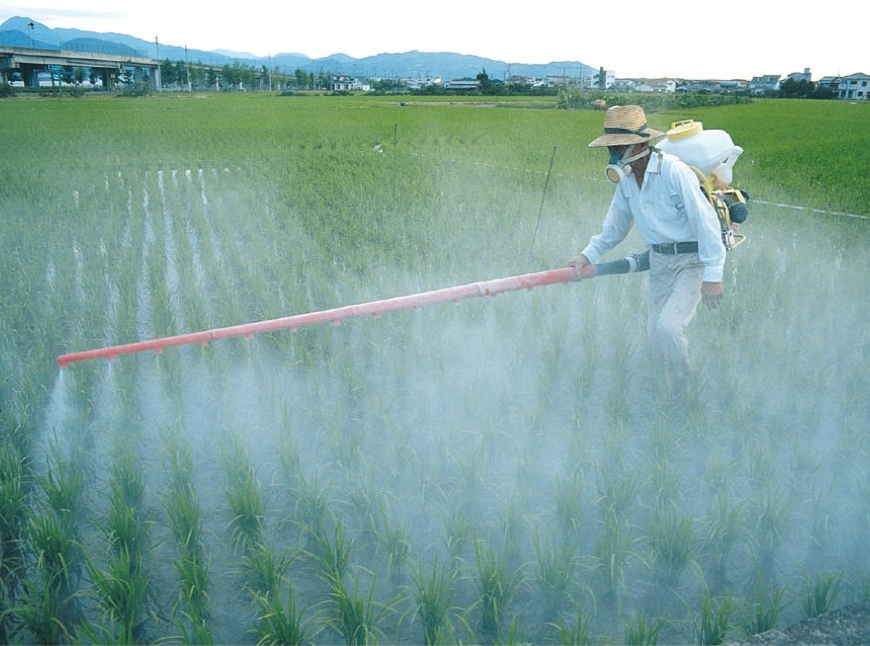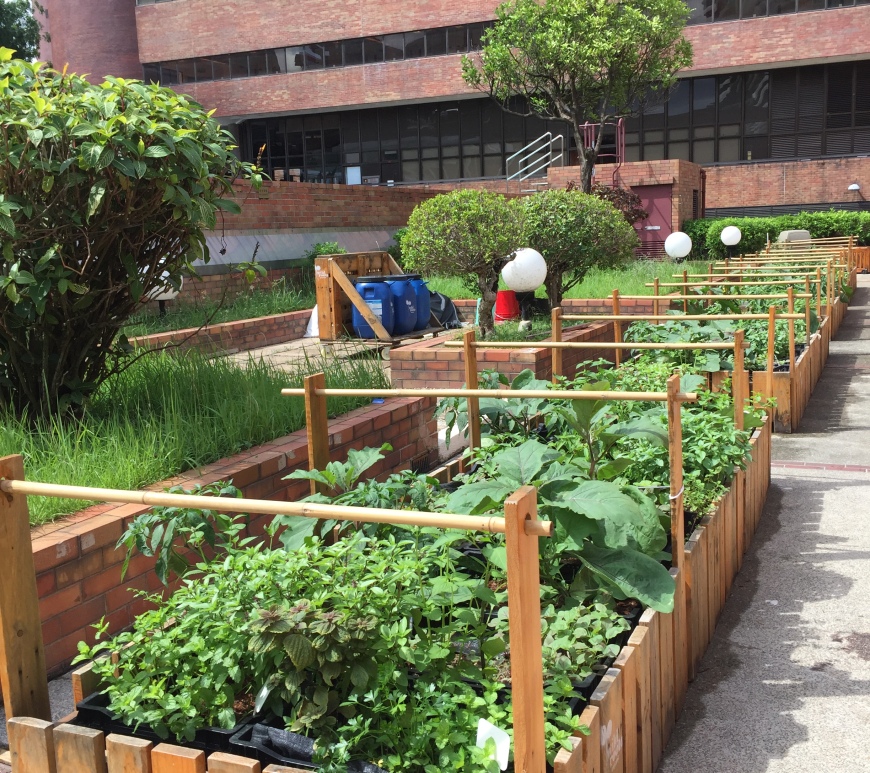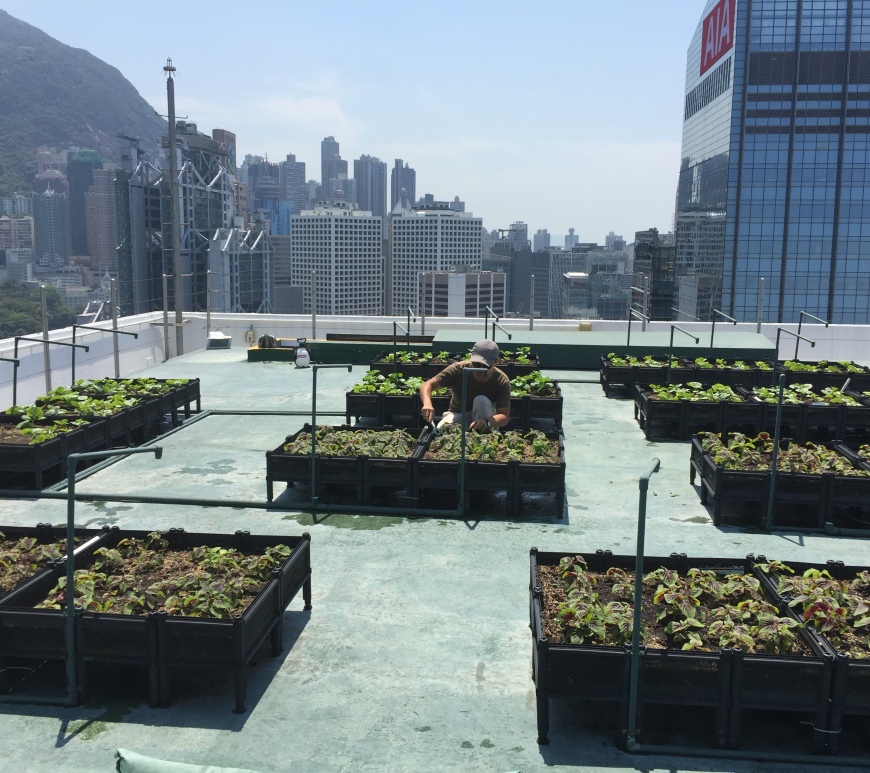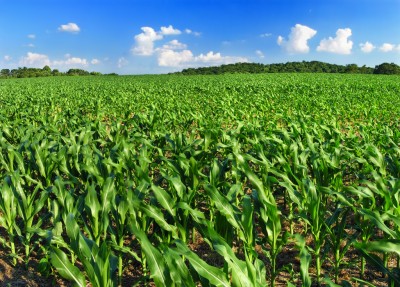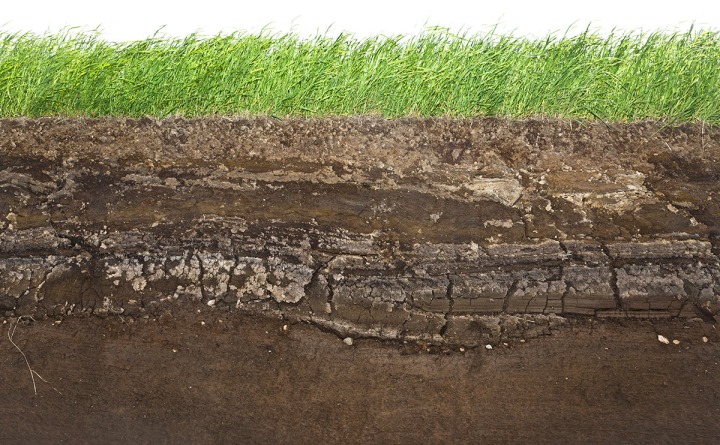
In Hong Kong, it’s easy to forgive the impression that we have transitioned to a post-soil society, where with enough concrete and wifi all of our needs can be met. We aren’t there yet and never will be, as soil is an irresistibly efficient way of providing nutrients for food crops to grow. It is the most valuable asset of a farm. Before we get the chance to finally appreciate soil, it may soon disappear. Agronomists predict that within 60 years global soil systems will be irreparably degraded.
Soil is a simple word that describes a complex ecosystem consisting of five essential components. Much of soil is a combination of minerals essential for plant health. Organic matter is made up of plant and animal remains that have been broken down by microorganisms, such as fungi and bacteria. Microorganisms are nature’s diligent nutrient recyclers. Soil needs to be loose to allow gases (oxygen, carbon dioxide) that are essential to the life processes of microorganisms and roots to circulate. Finally, water dissolves and transports nutrients to plant roots. Ideally, all five components are present in relative abundance. Soil composition and quality can vary widely, which is why organic farmers add compost and organic fertilisers to soil.
It may be tempting to grow crops without soil by using water-based hydroponic systems. These systems however have significant drawbacks. First, they can only provide for a fraction of our food needs. They are unable to grow large quantities grain such as rice, wheat, soya and corn that account for 60% of our diet (much of this is fed to the animals we eat). Second, they are capital and energy intensive, making them uneconomical except in circumstances where there is an abundance of both and a shortage of arable land (such as the Middle East). Continue reading “Soil Matters!”
